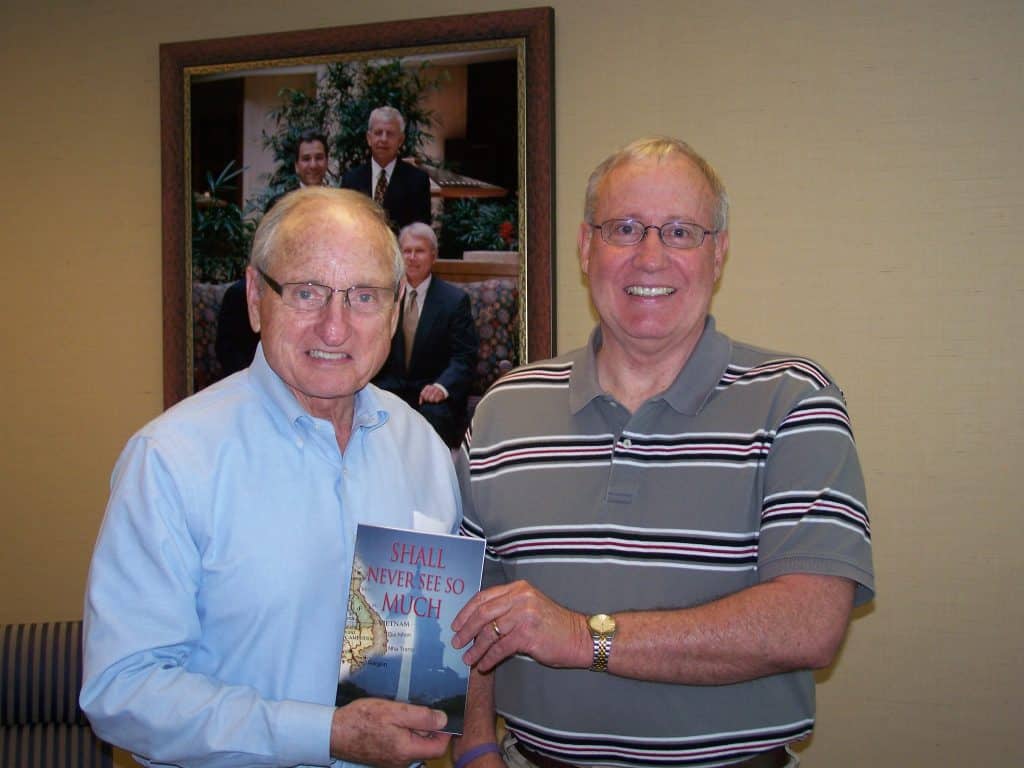But it was over, finally. For the Marines, there had been mistakes of every sort, miscues that had been paid for in the blood of young Americans. There were many lessons to be learned from Tarawa to carry forward, but despite the errors, the Marines had proven that a large-scale amphibious assault across a contested beach could be successfully achieved. It was no longer just an unproven but promising concept; it was now a reality that would become one of the foremost capabilities identified with the Marine Corps.
Rafferty stood on the deck of the Middleton as it got underway, watching as the island slowly receded from sight. There was a slight breeze, and the evening sun dipped low, casting a glow of yellow and orange upon the horizon. Rafferty knew he would never be able to adequately describe the horrors he had experienced at Tarawa, the terrible cruelty that he had seen inflicted upon human beings as a matter of course, and the suffering that the island had dealt so many. He had become a leader through no design of his own, and he felt a confidence in leaving the island that he hadn’t felt when he had arrived. It was like he was a new person, better in some ways, harder in most ways, and changed in ways he couldn’t yet fully define. He had done his duty, he had led his squad as far as his ability could carry him, and he had somehow survived the colossal madness that had occurred over an area not much larger than New York City’s Central Park. He felt humbled that he had been allowed to grab a little slice of the battle and contribute toward the victory. He felt grateful that he had watched and learned from such talented leaders as Major Ryan, Gunny Drummond, and Sergeant Ezell. He felt encouraged that he had come a long way toward erasing the image of a Foul Up by joining with the other Rafferty soldiers in his ancestry who had done their duty with honor and courage.
The war he had seen would be the war he would see again, on some other island at some other time when he and his fellow Marines would face off once again against this tough enemy of which Gunny Drummond had spoken prior to the invasion. It was going to be a heavy, tough go, he now knew, with a lot more cruelty and suffering and death on the way before final victory could be recorded. He wondered what the total cost of the war would become, if ever such a price could be approximated in human and economic terms over the entire globe. It was a haunting question, one that a twenty-year-old mind could hardly grasp in all its complexity and enormity.
For now, however, he was alive and at sea, moving toward Hawaii where he could finally wash the filth from his skin, his clothes, and hopefully, his soul.
Tarawa was over. It was done. He was leaving it.
But it would never leave him.





